2016 Belmont University Lenten GuideSample
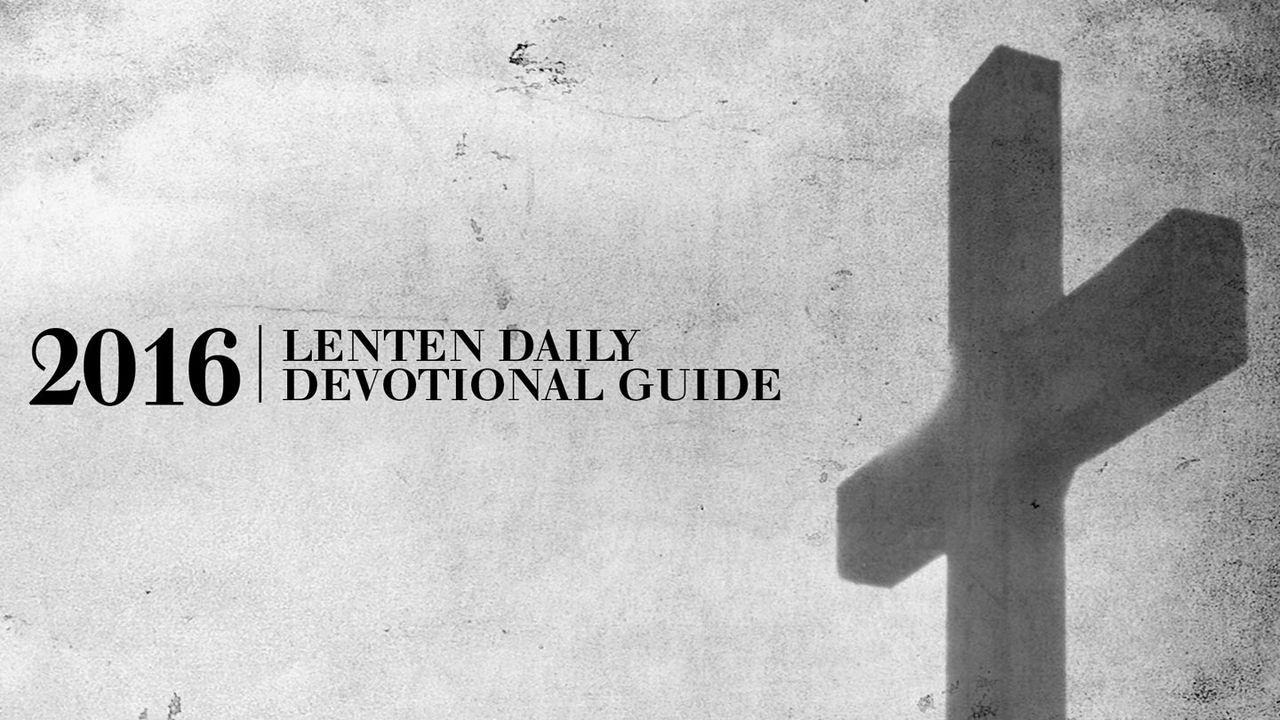
Leviticus frequently plays the role of the least important book in the Bible for Christians; it is considered dull, primitive and ritualistic. The festival calendar in Leviticus 23 suffers from an additional handicap as one of several such festival calendars in the Torah. Why is one not enough? The Passover portion of this calendar in 23:5–8 is one of about a dozen descriptions of the Passover celebration in the entire Old Testament. The presence of so many sets of instructions reveals a multi-vocal tradition, which attempts to bring together people who remember and celebrate the same story in a variety of ways. The celebration of Easter in the Christian tradition is different in some ways, but similar in others. There is no prescribed way to celebrate the resurrection of Jesus in our sacred texts, but we do have multiple recountings of the event in the New Testament. The ways of celebrating have multiplied as the founding story of our faith has made its way into different times, places and cultures. When I lived in Ethiopia, I was part of a religious community that celebrated Lent and Easter according to the Eastern Christian use of the Julian calendar, but I was also connected to family and friends celebrating Easter according to the Western date. The latter observance of Easter is usually later, but occasionally the two fall on the same date. So, the practice of remembering and celebrating the resurrection of Jesus finds both variation and harmony in Christian tradition.
The Leviticus 23 version of Passover offers another cue for our contemporary observance of the death and resurrection of Jesus. Within verses 4–8, the text twice commands “You shall not work at your occupations.” Our modern lives may not be congenial to long periods of cessation from our jobs, but finding ways to change the rhythm of our lives at certain times of the year connects our actions to our memory. Some may see Lent as a time to give up something as an act of personal sacrifice, but it may be as important to use this practice as a way of marking off and setting apart this time in the year, to make it different from the ordinary times that lie on either side of it.
MARK MCENTIRE
Professor of Biblical Studies
College of Theology & Christian Ministry
The Leviticus 23 version of Passover offers another cue for our contemporary observance of the death and resurrection of Jesus. Within verses 4–8, the text twice commands “You shall not work at your occupations.” Our modern lives may not be congenial to long periods of cessation from our jobs, but finding ways to change the rhythm of our lives at certain times of the year connects our actions to our memory. Some may see Lent as a time to give up something as an act of personal sacrifice, but it may be as important to use this practice as a way of marking off and setting apart this time in the year, to make it different from the ordinary times that lie on either side of it.
MARK MCENTIRE
Professor of Biblical Studies
College of Theology & Christian Ministry
About this Plan

Again this year, through an intentional partnership between the College of Theology & Christian Ministry and the Office of University Ministries, we have been able to create and offer a Lenten Devotional Guide to help our campus community prepare for Easter.
More
We are truly grateful for all of the individuals who have helped to make this fifth annual Lent and Holy Week guide a reality for our campus community, as it was indeed a campuswide collaboration that includes contributions from students, faculty and staff from across the campus, and even a few alumni. For more information, please visit: http://www.belmont.edu/
Related Plans
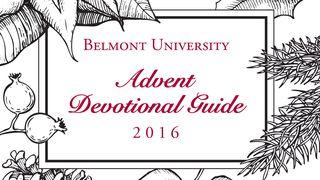
Belmont University Advent Guide
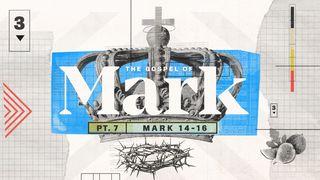
The Gospel of Mark (Part Seven)
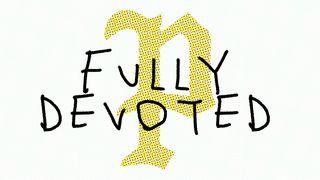
Fully Devoted
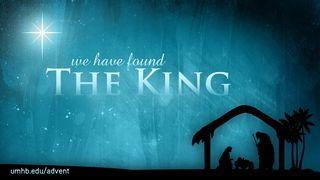
Advent - We Have Found The King
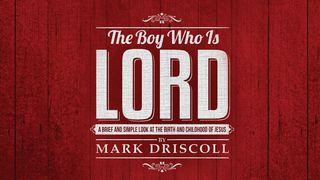
The Boy Who Is Lord By Mark Driscoll
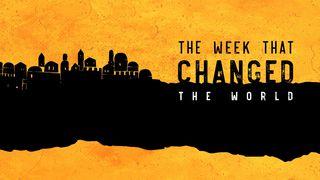
The Week That Changed The World
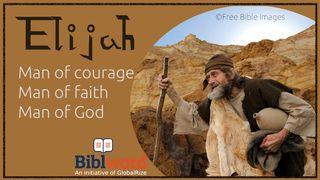
Elijah. Man of Courage, Man of Faith, Man of God.
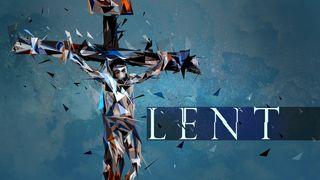
Lent Journey

God’s Word Over Life’s Stress
